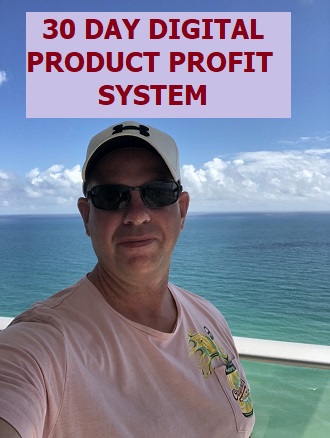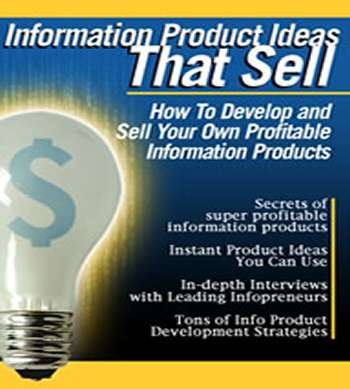We live in a world where communicating your opinions, facts, research and knowledge through writing is an absolute necessity.
Beyond what we must do are opportunities to share our information with others as a secondary or main income stream through ebooks, blogs, books, courses and subscription membership sites.
Effective, popular writing is not as hard as it sounds, many of our InfoMarketer’sZone partners have discovered their voice and shared the most basic of information with others as a means to developing an entirely new income path resulting in financial security and a new found prestige in their desired marketplace.
We ourselves have opened up 3 new markets led by a combination of platform blogging, article syndication and information products that include ebooks, courses and subscription membership sites.
SOME KEY WRITING PRINCIPLES THAT ARE EASIER THAN YOU MAY THINK
Coming from the corporate world, it took us a while to learn the basics of what writing for online profit was all about. Once we figured it out, an entirely new world of opportunity and enjoyment opened up.
Here are 10 of the most important tips that had the most impact on our success…
1. Have A Clear Focus On Your Topic. It doesn’t matter if you are writing a blog post, an article or a book – you need to break your project down to the point where you are focused entirely on a very clear problem or question from your market…that leads to improved productivity, clear expression and a much faster. enjoyable writing experience
2. Answer Questions…your outline should be structured as questions rather than general topic areas. When you sit down to do your writing, answering questions is the most natural and productive states you can create for your mind. We are used to answering dozens of questions each day, and are generally quite good at it.
3. Find YOUR Time For Synthesis. Writing is often a matter of synthesizing various elements of knowledge or opinion into a lucid few pages…we all have our own time of day where we are better at this activity. For me, it is morning, for others it is late at night. If you don’t know your time, mix it up and you will figure it out pretty quickly
4. Try and Be Passionate About What You Write. We all can’t be passionate about all things we write about, but try to find an element of what you are writing about that you can get jazzed about. Not only does this make writing faster and more enjoyable, your passion transfers to your reader through your work
5. Constant Flow Writing…no matter how tempting it may be to edit your work as you write, make sure you separate your writing time and your editing time. Get your work written before you begin editing. Your mind simply cannot do both at the same time and forcing it to do so is counter-productive
6. Leverage Your Communication Strengths. Nothing says you must always write, if you tend to communicate better through video, audio or live presentation, then leverage those delivery methods along with your writing. Play to your strengths not your weaknesses. You can always produce transcripts relatively inexpensively from other delivery methods
7. Editing For Clarity…one of the toughest jobs for me is editing. When you finish your project you should be able to go through and objectively remove at least 20% of the content starting with overuse of adjectives, repetition and verbosity…targeting these 3 elements will make your work much more interesting and effective
8. Non-Fiction Should Be Usable. When you write non-fiction, “how-to” or information-based material remember to outline and write as if you were providing a step-by-step plan that someone can immediately put to use…this makes your writing so much more useful, in-demand, valuable and sets the stage for collecting results (proof) that can feed into additional ammunition for selling your work
9. Forget About Rules. To many people who first contact us from within InfoMarketer’sZone, their first questions are around the “rules” of what makes a good ebook, book or information product. How many pages should they be? How should the chapters be outlined? What should it include? Should it be sold alone or within bonuses? What should my price be? Forget about all of this and focus on the market niche you are targeting and your unique value proposition to the market…the rest will take care of itself
10. Test, Collect Feedback and Iterate. No writing project is perfect or finished when it is released. Instead, think of your first writing project as step 1 on a carousel of helping your marketplace reach their end transformational goals. Always test your topics, titles, content – collect your feedback to judge demand and then drive hard in the direction your market indicates through their buying habits.
YOUR TURN…
Not too tough to follow are they? Do you have any other suggestions or experiences with developing your writing project? Was writing easy or hard for you? Leave us a comment, we’ll be happy to hear from you.



